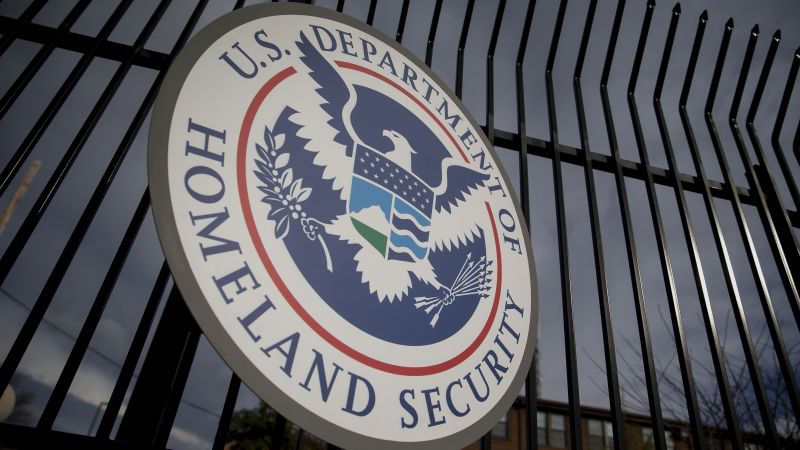In a recent courtroom hearing, US District Judge Ana Reyes expressed significant apprehensions about the credibility of plans presented concerning the restoration of three critical offices within the Department of Homeland Security (DHS), specifically those focused on civil rights oversight. These offices had been undermined through mass layoffs slated to be enforced imminently. Judge Reyes, initially wary of being misled, acknowledged the three-hour testimony of Ronald Sartini, the US Citizenship and Immigration Services Ombudsman appointed by former President Donald Trump. She recognized his account as credible while grappling with the sincerity of the administration’s intentions regarding the reinstatement of these offices.
Reyes voiced her concerns that the administration, amid its aggressive approach to fulfilling the president’s agenda—largely focused on the rapid deportation of millions of immigrants—might not genuinely aim to restore the offices to their mandated functions. This belief is held in light of a broader, more cynical interpretation of their actions, suggesting the possibility that Sartini’s reassurances were merely superficial attempts to distract the court from the substantive legal challenges posed by various advocacy groups concerned with civil rights for migrants.
The judge’s unease was compounded by the sheer scope of the layoffs, with over 300 employees from the CIS ombudsman office, the Office for Civil Rights and Civil Liberties, and the Office of the Immigration Detention Ombudsman being placed on administrative leave effective March 21. Only a minimal number of executive-level staff in these offices could remain operational. Sartini, having spent 16 years in various capacities within the federal government prior to his appointment in May, testified that he deemed DHS leadership trustworthy when they claimed plans were in place for the offices to regain their operational status—a notion Judge Reyes seemed to question.
The mass terminations evidently stalled vital oversight work mandated by Congress, with the jury noting that many essential duties had ceased due to the abrupt cuts. Reyes was particularly concerned with the potential implications of halting the investigations related to serious allegations lodged against DHS officials, including instances of medical neglect and abuse. The legal battle being undertaken by organizational challengers—such as the Robert F. Kennedy Human Rights Foundation and the Southern Border Communities Coalition—illustrates the pressing need for diligence in safeguarding civil rights, especially in the context of ongoing legal proceedings involving individuals like Palestinian activist Mahmoud Khalil. Evidence shows that investigations which had commenced prior to the layoffs were abruptly halted.
During the hearing, Sartini defended the policy change, arguing that newly elected administrations sometimes needed time to reassess efficiencies within various offices. However, Reyes probed deeply into communications occurring between the DHS and the public regarding these office closures, highlighting discrepancies in Sartini’s testimony about the administration’s intentions and the actuality of the layoffs being depicted as dissolutions.
As the legal proceedings continued, Sartini indicated his readiness to submit a proposal to DHS leadership regarding the reinstatement of operations and personnel within the affected offices. He acknowledged that any potential restructuring was contingent on DHS leadership’s willingness to implement his recommendations, and no timeline had yet been established for when his ideas might be discussed. This prompted Judge Reyes to insist upon clearer communication with DHS leadership to facilitate the rapid resumption of necessary operational functions—an assertion aimed at addressing potential delays in restoring oversight capabilities integral to civil rights protections in the immigration system.
The judicial spotlight thus illuminates the contentious intersection of immigration policy and civil rights advocacy, with fears that the ongoing reshaping of DHS functions could negate critical oversight while President Trump’s administration pushes an aggressive deportation agenda. This case underlines not only the challenges of bureaucratic management within federal agencies but also the relentless pursuit of civil rights protection amid heightened political scrutiny and administrative upheaval.



